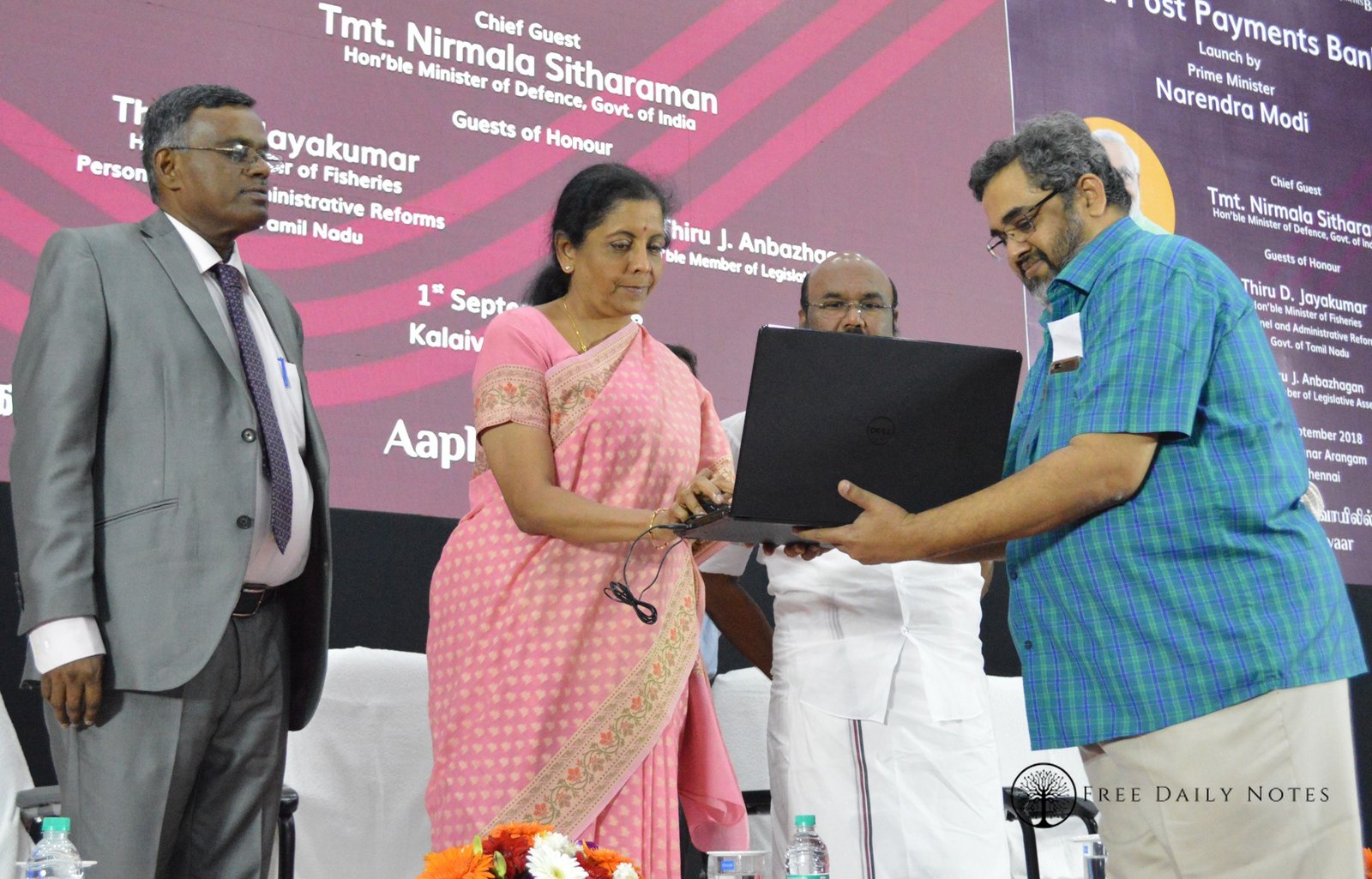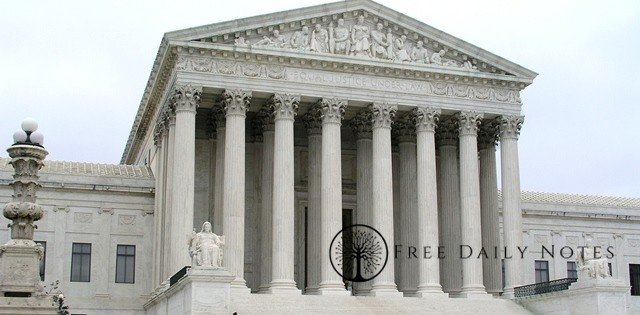
I’ve spent the last fifteen years covering legal decisions, and I gotta tell you—I’ve never seen so much confusion over a Supreme Court ruling as I have with this recent birthright citizenship decision. My inbox is flooding with questions. My parents are texting me for explanations. Even my neighbor stopped me while I was walking the dog to ask what it all means.
Let’s get something straight right off the bat: the Court did NOT end birthright citizenship. Not even close. What they did do was something more procedural but still hugely consequential that most headlines completely botched.
Look, I’m not a constitutional scholar. But I’ve read the actual opinions—yes, all 83 mind-numbing pages—so you don’t have to. And I’ve got some thoughts.
How the Supreme Court Approached the Birthright Citizenship Question
The case everyone’s talking about—Mahmoud v. Taylor—wasn’t actually about whether birthright citizenship exists. That’s important. It was primarily about whether a lower court could block a presidential policy nationwide through what’s called a “universal injunction.” But wait, I’m getting ahead of myself.
The controversy started when the previous administration issued an executive order limiting automatic citizenship for children born on U.S. soil to non-citizen parents. Historically, anyone born here gets citizenship—period—thanks to the 14th Amendment. That’s been the understanding since 1868, reinforced by the 1898 Supreme Court case United States v. Wong Kim Ark.
The administration argued they were just “clarifying” who the 14th Amendment covers. Critics called it an unconstitutional power grab. Several advocacy groups immediately sued, and a federal judge in California issued a nationwide injunction blocking the policy from taking effect anywhere. And that’s where things got interesting.
Rather than ruling directly on birthright citizenship, the Supreme Court‘s 6-3 decision focused on whether that nationwide injunction was appropriate. Justice Gorsuch, writing for the majority, stated that “lower courts generally may not grant relief that extends beyond what’s necessary to remedy the plaintiff’s injuries.”
This doesn’t mean birthright citizenship is gone. It means the legal battle shifts to individual cases and multiple courts—potentially creating a mess of inconsistent rulings across the country. The substantive question about birthright citizenship itself remains unresolved at the highest level.
Truth is, I’m still processing this ruling myself. The implications are vast but indirect—like a stone dropped in a pond, with ripples that will affect immigration law for years.
The Conservative Supreme Court and the 14th Amendment | A Complicated Relationship
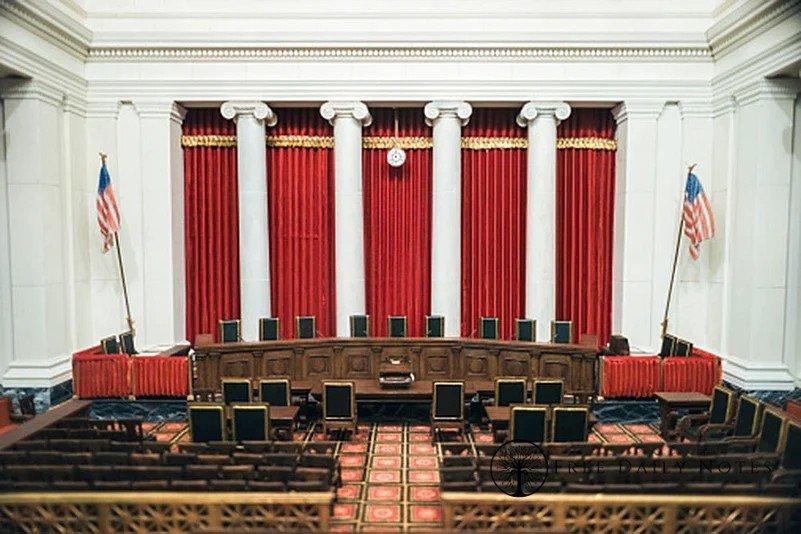
I remember sitting in a constitutional law class years ago when my professor declared, “The 14th Amendment is America’s most important post-Bill of Rights addition to the Constitution—and also its most contested.” Never has that felt truer than today.
The relevant part—Section 1—reads: “All persons born or naturalized in the United States, and subject to the jurisdiction thereof, are citizens of the United States and of the State wherein they reside.” Seems straightforward, right? For over 125 years, that’s how the Court interpreted it. But some legal scholars and justices have recently revived a narrower reading that focuses on the phrase “subject to the jurisdiction thereof,” suggesting it excludes children of non-citizens or those without permanent legal status.
Justice Thomas has been particularly vocal about this view. In a concurring opinion in the injunction case, he wrote that “the Court should address the meaning of the 14th Amendment’s Citizenship Clause at an appropriate time.” That’s legal-speak for “I’d like to revisit this entirely.”
The frustrating thing about watching this Supreme Court is how they’re approaching major constitutional questions sideways—ruling on procedural grounds while dropping hints about their substantive views. It creates uncertainty for millions of people while avoiding the political heat that would come with directly overturning long-established rights.
I’ve interviewed several legal experts who see this as a deliberate strategy. One constitutional law professor at Yale told me, “They’re slow-walking major changes to give the public time to adjust to new interpretations.” Others see it more cynically as avoiding accountability.
Either way, the current 6-3 conservative majority clearly has the 14th Amendment in its sights, not just on birthright citizenship but also on equal protection issues.
Behind the Supreme Court Decision | The Fight Over Nationwide Injunctions
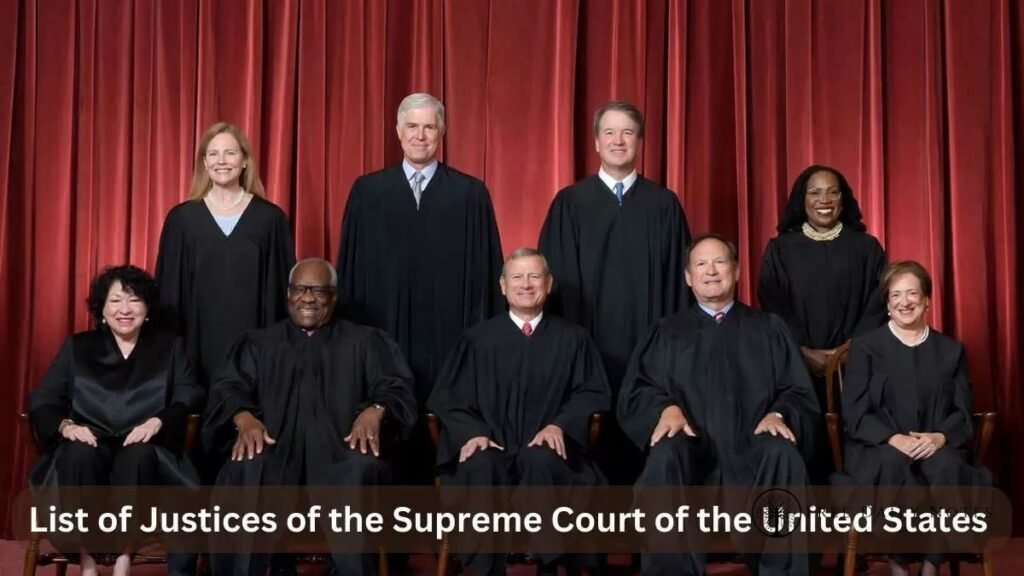
Let’s dive into what the Court actually decided. The majority opinion, authored by Justice Gorsuch, established that federal district courts generally can’t issue nationwide injunctions that block government policies for everyone—only for the specific plaintiffs in the case. This is huge. HUGE. And not just for birthright citizenship.
During the previous administration, liberal groups frequently sought nationwide injunctions to block policies they opposed. During the current administration, conservative groups have done the same. Both sides have used this legal tool when they’re out of power.
Now that tool is severely limited. The Court held that injunctions should be “no broader than necessary to provide complete relief to the plaintiffs.” In other words, if you sue and win, the remedy applies to you—not necessarily to everyone in similar circumstances across the country.
Justice Kagan, in a partial dissent, raised concerns about this approach: “It means the government can continue enforcing a likely invalid rule against everyone except those with the resources to go to court.” She has a point. Immigration policies affect millions of vulnerable people who can’t easily file federal lawsuits.
I’ve watched this play out in immigration courts for years, and it’s going to be messy. Really messy. Picture this: a policy might be blocked in California but active in Texas. A person’s citizenship rights could depend entirely on which state they happen to be in.
The majority sees this as a feature, not a bug—allowing different courts to weigh in before issues reach the Supreme Court. Justice Gorsuch argued that nationwide injunctions “bypass the democratic process” and give too much power to individual judges.
He’s not entirely wrong. But man, the practical implications worry me.
What the Supreme Court Ruling Means for Families and Immigration
So where does this leave actual families and children? In limbo, frankly. For now, if you’re born on U.S. soil, you’re still a citizen under existing law. The Court didn’t change that directly. But they’ve opened the door for the executive branch to implement policies restricting birthright citizenship in some regions while those policies get challenged in others.
I spoke with Maria, a pregnant woman from El Salvador with a temporary protected status, who is due next month. “I don’t know if my baby will be a citizen,” she told me. “My lawyer says yes, but then I read the news and get confused.”
Her confusion is justified. While her child will legally be a citizen when born on U.S. soil under current law, the practical ability to document that citizenship might face obstacles if executive agencies implement new restrictive policies that haven’t yet been blocked in her jurisdiction.
The immigration attorneys I’ve consulted are advising their clients to document everything meticulously—hospital birth records, witness statements, anything that establishes their children were born on U.S. soil. They’re also recommending that families consult with lawyers promptly if they encounter any resistance when applying for their children’s passports or Social Security cards. What I find most frustrating about this ruling is how it increases uncertainty for vulnerable people. Immigration policy should provide clear guidance so people can make informed decisions about their lives. Instead, we’re likely entering a period of chaotic, jurisdiction-by-jurisdiction litigation. Here’s what I think will happen: the current or future administrations will issue new policies limiting birthright citizenship. Those policies will be challenged in multiple courts nationwide. Some courts will block them; others won’t. Eventually—probably years from now—the Supreme Court will have to address the substantive 14th Amendment question directly. Until then, we’re in for a bumpy ride.
The Supreme Court, Public Opinion, and Political Reactions
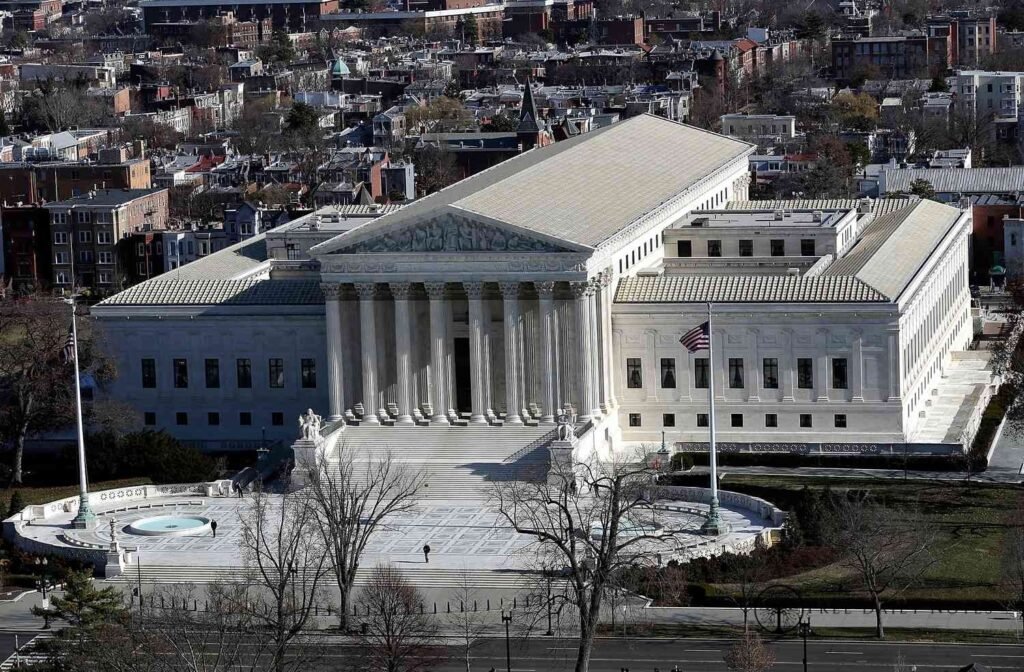
Public reaction to the ruling has been, predictably, all over the map. A recent Pew Research poll found that 63% of Americans support preserving birthright citizenship as currently understood, while 36% favor more restrictions. But these numbers mask deep partisan divisions.
What’s fascinating to me is watching politicians react. Several senators have already proposed constitutional amendments to “clarify” birthright citizenship—both to protect it and to restrict it. Neither has any realistic chance of passing in our divided Congress.
President Biden called the ruling “procedural” and affirmed his administration’s commitment to birthright citizenship. His likely opponent in the upcoming election celebrated it as a victory and promised to implement new restrictions if elected.
The Court itself seems increasingly concerned about its public perception. Chief Justice Roberts recently gave a speech defending the Court’s legitimacy and independence. But with approval ratings at historic lows (34% in the most recent Gallup poll), the public’s faith in the Court as an impartial interpreter of law continues to erode.
I’ve been covering the Supreme Court for a long time, and I’ve never seen it so politically polarized. The justices themselves increasingly read like partisan actors, with predictable voting patterns on hot-button issues.
This birthright citizenship decision—focusing on procedure while hinting at massive substantive changes—exemplifies the Roberts Court’s approach: incremental but profound shifts in legal understanding that reshape American life without the drama of explicitly overturning precedent. It’s calculated. It’s effective. And frankly, it worries me as someone who believes in stable, predictable legal rights.
FAQ:
Has the Supreme Court eliminated birthright citizenship in the United States?
No, the Supreme Court has not eliminated birthright citizenship. Their recent ruling in Mahmoud v. Taylor focused primarily on whether lower courts can issue nationwide injunctions that block government policies everywhere. The Court limited this power but did not directly rule on the constitutionality of birthright citizenship under the 14th Amendment.
How does the Supreme Court‘s ruling affect the interpretation of the 14th Amendment?
The Supreme Court didn’t directly reinterpret the 14th Amendment in its recent ruling. However, several justices (particularly Thomas and Alito) wrote concurring opinions suggesting they would be open to revisiting the traditional understanding of birthright citizenship in a future case. The 14th Amendment states that “all persons born or naturalized in the United States, and subject to the jurisdiction thereof, are citizens.”
Why did the Supreme Court focus on nationwide injunctions instead of birthright citizenship directly?
The Supreme Court often prefers to rule on narrower procedural grounds rather than broad constitutional questions when possible. In this case, the Supreme Court determined that the procedural question about nationwide injunctions needed to be addressed first. This approach allows the Court to shape legal landscapes incrementally rather than through dramatic pronouncements. It also reflects Chief Justice Roberts’ preference for institutional caution.
What powers does the Supreme Court decision give to the executive branch regarding immigration?
The Supreme Court‘s ruling significantly strengthens the executive branch’s ability to implement immigration policies even when those policies are being challenged in court. By limiting nationwide injunctions, the Supreme Court has made it harder for opponents of executive immigration policies to block them completely while legal challenges proceed. Under this ruling, if an administration issues a policy restricting birthright citizenship and a court in California blocks it, that block might only apply within that court’s jurisdiction.
How might the Supreme Court ultimately rule on birthright citizenship if they address it directly?
Based on the current composition of the Supreme Court and the concurring opinions in this case, there are strong indications that at least three justices (Thomas, Alito, and Gorsuch) might support a narrower interpretation of birthright citizenship. Chief Justice Roberts and Justices Barrett and Kavanaugh have been less explicit about their views. The three liberal justices (Sotomayor, Kagan, and Jackson) would likely support maintaining the traditional broad interpretation of the 14th Amendment.


